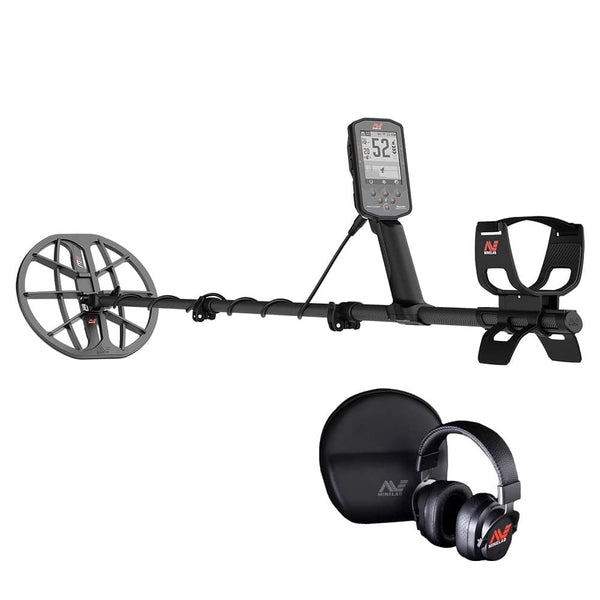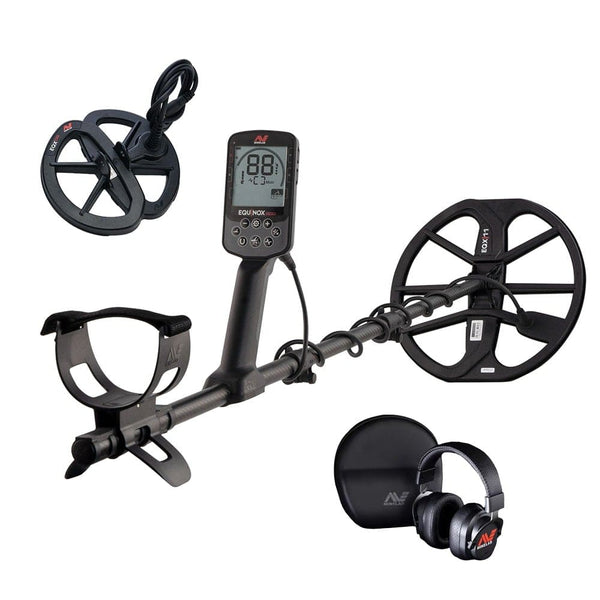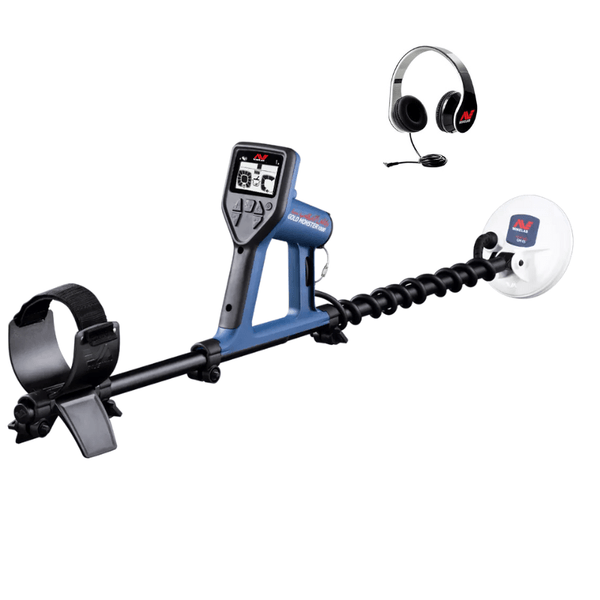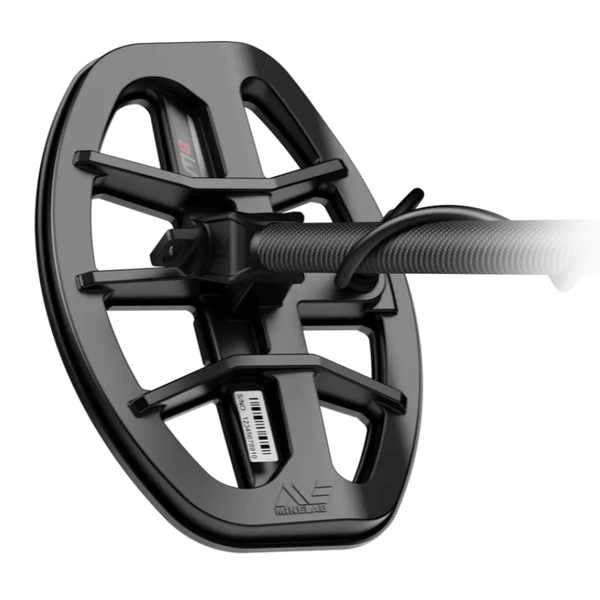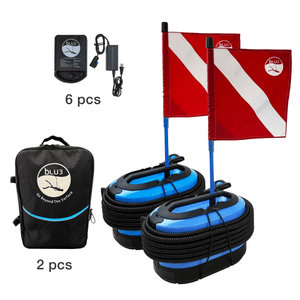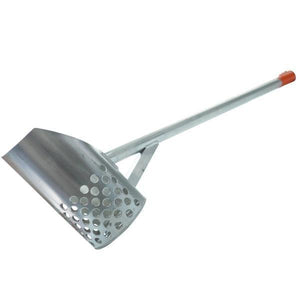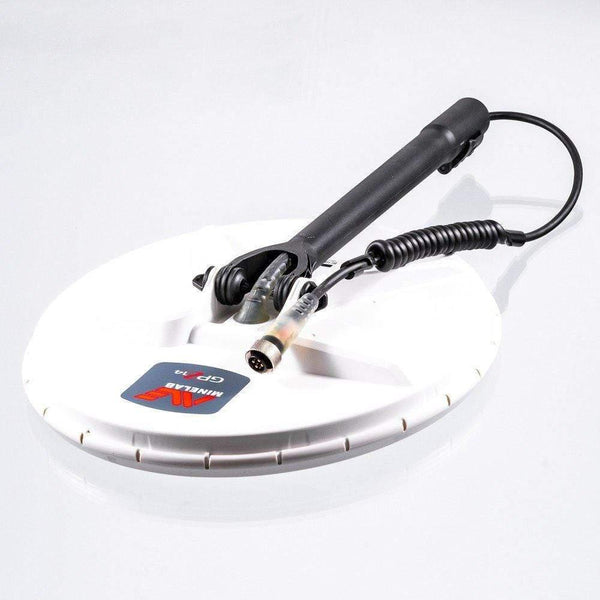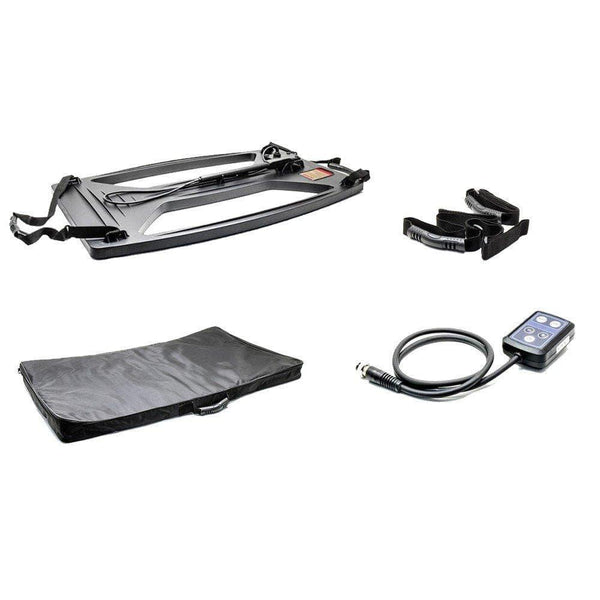Top 5 Metal Detecting Mistakes & How to Avoid Them
Metal detecting is a fun hobby that blends mystery, history, and adventure. The key to success is often in how you prepare and search. This is true whether you're looking for hidden coins, historical artifacts, or lost jewelry. However, a lot of newcomers and even some experienced fans make the same mistakes, which can make them less successful and less fun. This guide will go over the five biggest mistakes people make when metal detecting and show you how to avoid them so you have a better time treasure hunting.
1. Neglecting Proper Research Before Detecting
The Mistake:
Not enough detectorists look into the area before they go out with their gear. This usually wastes time and doesn't lead to many finds.
Why It’s a Problem:
If you don’t know the history of the land, you’re essentially swinging your detector blindly. Areas with little or no historical significance are unlikely to yield valuable finds.
How to Avoid It:
- To find hotspots, look at old maps, historical sites, and town archives.
- Talk to people in your area, use internet forums, or join a historical society.
- You can find old town centers, battlefields, and famous gathering spots by putting old maps on top of Google Earth.
Bonus Tip:
If you want to discover on private or protected land, you should always make sure you have the right permissions. This keeps you out of trouble with the law and helps you trust the landlords.

2. Choosing the Wrong Metal Detector for Your Needs
The Mistake:
Picking up a metal detector that is either too hard for a beginner to use or not right for your needs.
Why It’s a Problem:
High-end monitors may look cool, but they often have complicated features that make them hard to use for first-timers. On the other hand, a model that is too simple could limit your depth or awareness.
How to Avoid It:
- Write down your goals: Are you looking for cash, coins, artifacts, or things that people have found on the beach?
- Start with a detector that is easy for beginners to use and has features like automatic ground balance, discrimination, and target ID.
- Sites like Modern Metal Detectors are good places to read reviews and comparison tips about products.
Bonus Tip:
Don't forget about tools like headphones, pinpointers, and a good digging tool; they can make your success much better.
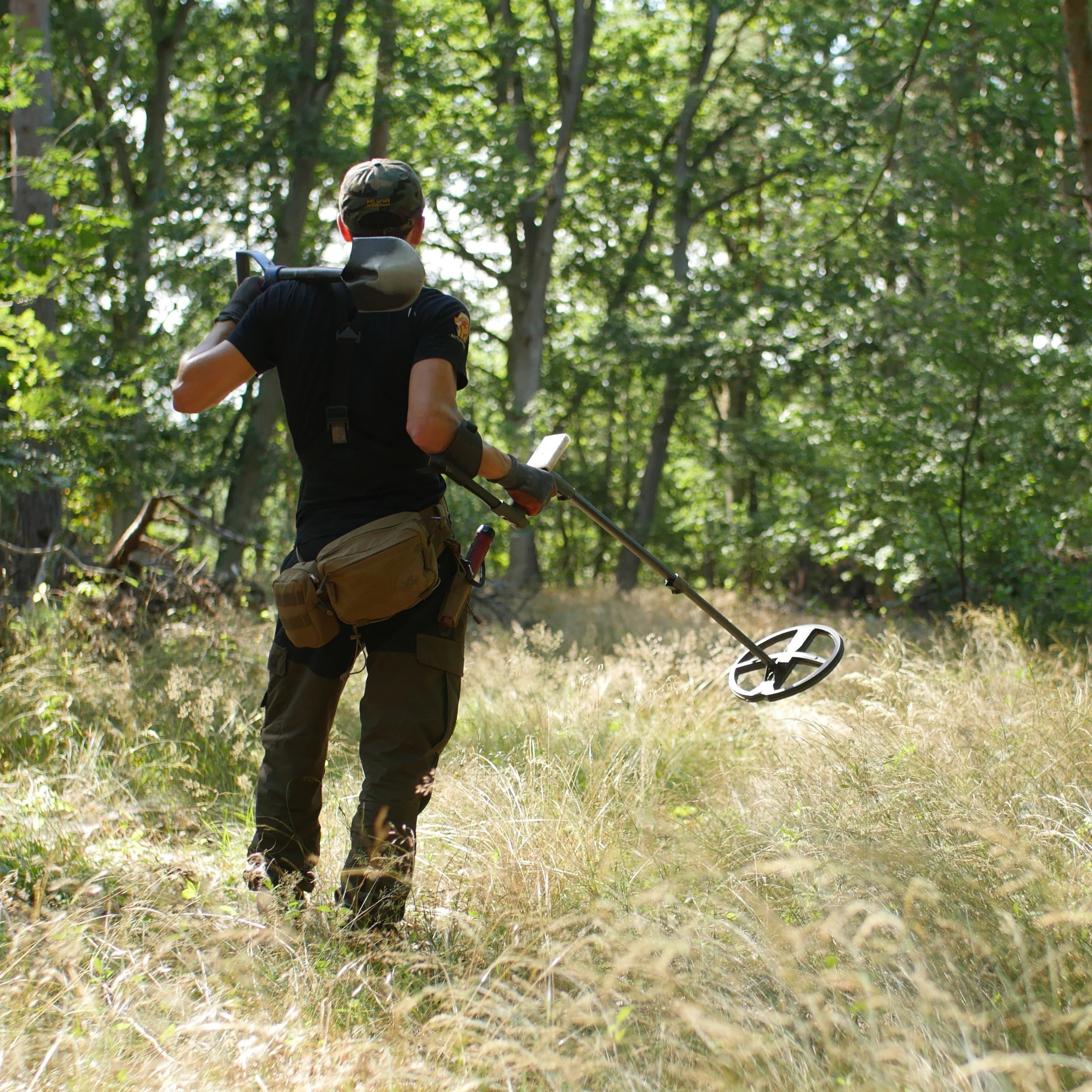
3. Skipping the User Manual and Detector Settings
The Mistake:
A lot of people don't read the instructions because they think all detectors work the same. After turning it on, they leave out important steps for setting it up.
Why It’s a Problem:
Setting the sensitivity, ground balance, discrimination, and tone ID on each device is different. You could miss good targets or dig up too much trash if you don't know how to use them right.
How to Avoid It:
- Go through the whole user guide.
- Watch how-to videos on YouTube that are made for your type of detector.
- Use known targets in your garden to get used to how your detector sounds and reacts.
Bonus Tip:
Take a day to get used to the signs and tones. Before you dig, mark your targets to see how well you can read the depth.

4. Poor Digging Techniques and Site Etiquette
The Mistake:
Using the wrong tools to dig or not filling in holes. Some people even make big, messy holes in grass or public areas that get damaged.
Why It’s a Problem:
There is a bad image among detectorists for not being polite when digging. It also makes it more likely that you will be banned from famous detecting areas.
How to Avoid It:
- For shallow finds, use a hand digger or trowel. For deeper finds, use a shovel with a thin blade.
- Always dig a neat plug and put it back in place when you get your goal.
- Do not damage the grass roots or leave trash behind.
Bonus Tip:
Bring a trash bag to hold all the metal trash. It shows care for the earth and keeps the area clean.
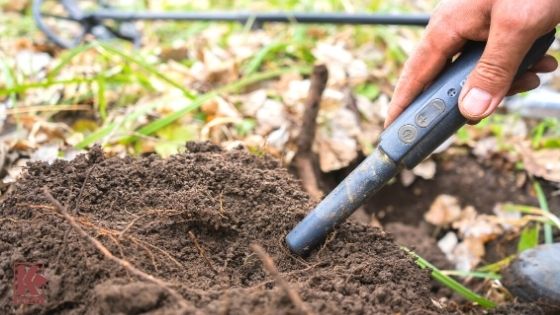
5. Ignoring Ground Balance and Environmental Conditions
The Mistake:
Not adjusting the ground balance or finding in soil that isn't right without the right settings.
Why It’s a Problem:
Mineralization in the soil, beaches with salt water, and hot rocks can all send false messages. If you don't calibrate your scope correctly, you might waste time looking for fake objects.
How to Avoid It:
- Learn how to ground balance your detector either by hand or automatically, based on the surface.
- When you need to, use beach or all-metal modes.
- You can get cleaner signs by changing the sensitivity and discrimination.
Bonus Tip:
When you move or change the type of dirt, you should always reset your ground balance. Tracking ground balance in real time is also possible with some devices.

Final Thoughts
Metal detecting is more than just swinging a coil—it’s about strategy, patience, and continuous learning. Avoiding these common mistakes will not only improve your results but also help you enjoy the process more fully.
As you gain experience, you’ll develop your own techniques and preferences. Until then, use this guide to stay on track and increase your chances of finding that next exciting discovery.

Want to Learn More?
Explore our other metal detecting guides, product reviews, and top detector picks on ModernMetalDetectors.com.
Join Our Community!
Become a part of our Facebook Group where metal detecting enthusiasts share daily tips, ask questions, and post their amazing finds. Learn from others, get motivated, and make new hobby friends!



